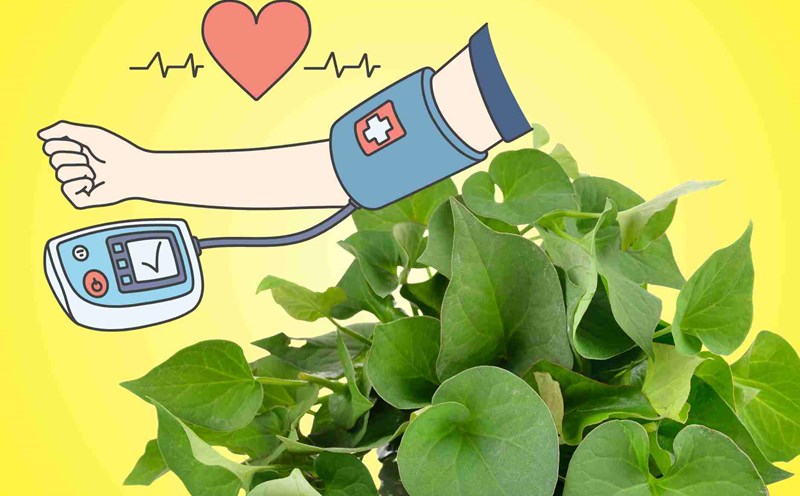According to the World Health Organization (WHO), there are about 10 million deaths related to high blood pressure each year. In Vietnam, according to statistics from the Ministry of Health, more than 50% of people with high blood pressure do not know they have the disease, and the majority do not control their blood pressure well due to subjectivity or poor treatment.
However, according to many medical studies, just maintaining some simple habits every day can significantly reduce the risk of high blood pressure or dangerous complications. Here are 5 small habits recommended by cardiologists around the world:
Start your day with 30 minutes of light exercise
Just a brisk walk, cycling or doing yoga in the morning can help increase the elasticity of blood vessels and improve circulation. According to the American Heart Association, people who exercise at least 150 minutes a week have a more stable blood pressure index and a 20-30% reduction in the risk of stroke.
Reduce salt, increase green vegetables and foods rich in potassium
Limiting salty intake is a key factor in controlling blood pressure. WHO recommends that each adult should not consume more than 5g of salt/day. Replace with natural spices, eat lightly diced boiled vegetables, and supplement foods such as bananas, spinach, white beans to increase potassium, a mineral that helps balance blood pressure.
Drink enough water and prioritize warm, caffeine-free water
Dehydration reduces blood volume and causes the heart to work harder, leading to high blood pressure. Adults should drink 1.5-2 liters of water per day. Avoid black tea, dark coffee and carbonated soft drinks because they contain hidden caffeine and sodium, which can easily cause blood pressure to fluctuate.
Get 7-8 hours of sleep each night
Lack of sleep increases stress hormone (cortisol), causing blood vessel constriction and causing prolonged high blood pressure. A good night's sleep helps the cardiovascular system rest, reducing the risk of arrhythmia. You should make a habit of going to bed before 11pm and avoid using your phone before bed.
Measure your blood pressure at home every day
This is an important habit but is often overlooked. According to Prof. Michael Weber, a cardiologist at SUNY Downstate University (USA): Self-metrating blood pressure helps patients monitor daily fluctuations, adjust their lifestyle accordingly and detect early signs of abnormalities to promptly handle them. Measure your blood pressure in the morning, at least 5 minutes before breakfast and after a break.
High blood pressure does not happen in one day, and controlling it does not require much. Every small but regular change will create a big impact. If you maintain these 5 habits, your heart and blood pressure will be grateful to you every day.










